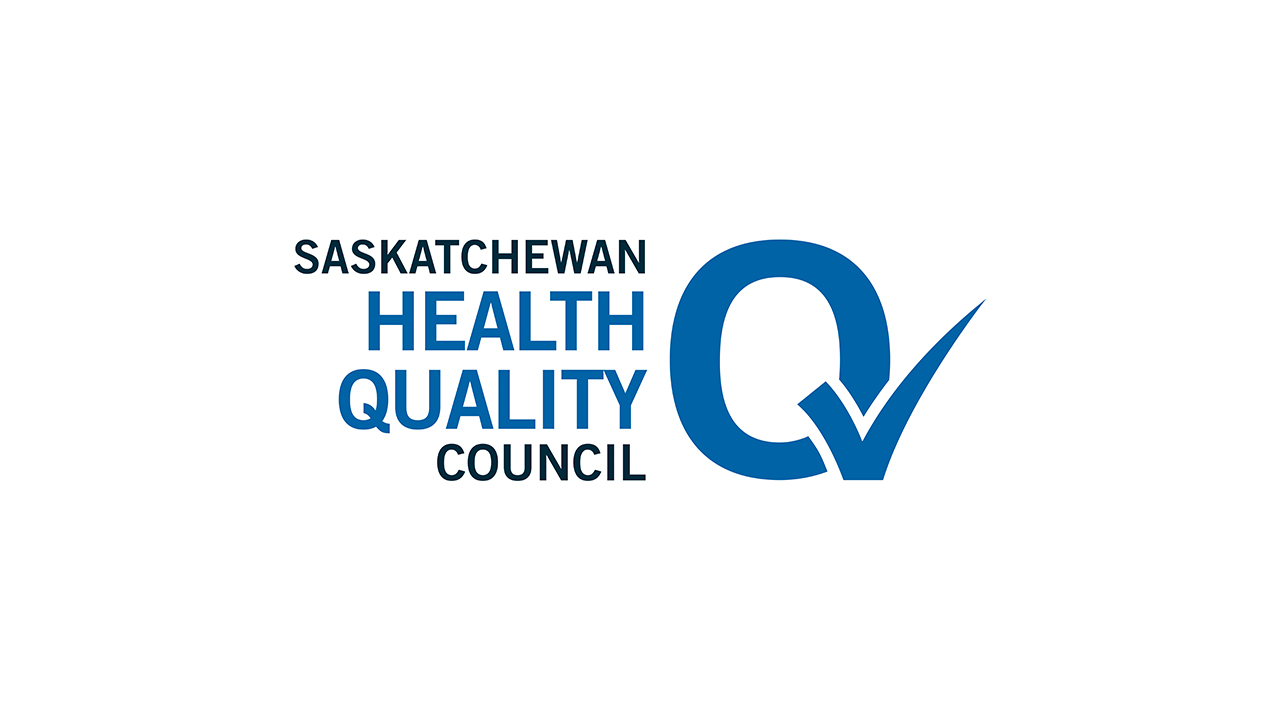Many Saskatchewan residents living with chronic obstructive pulmonary disease and depression are receiving better care as a result of a large-scale improvement initiative involving 49 family practices around the province. A final report on the Chronic Disease Management Collaborative was released today by Saskatchewan’s Health Quality Council, which led the province-wide effort.
Improvements in depression care:
- 63% of people were assessed with a patient questionnaire (PHQ-9) within one week of being diagnosed with depression, and 84% received an assessment at some point during the Collaborative. The PHQ-9 is a tool for screening, diagnosing, monitoring, and measuring severity of depression; it helps providers deliver the most appropriate care sooner.
- Nearly three quarters (72%) of people with depression had their suicide risk assessed by their care provider within one week, a 30% increase over the first month.
Improvements in COPD care:
- A 35% increase in the percentage of people who had their COPD diagnoses confirmed with a spirometry test.
- Eight of the 10 health regions involved in the Collaborative created at least one new pulmonary rehabilitation program.
- 67% of patients diagnosed with COPD had created an action plan to help them better self-manage their condition at home—potentially resulting in fewer hospital visits.
- A 24% increase in the percentage of people with COPD offered counseling to help them quit smoking.
Dr. Jason Hosain, a family physician at West Winds Primary Health Centre in Saskatoon, says Collaboratives serve an important function by providing objective feedback to physicians, which then drives them to improve the quality of their care. “Physicians want to provide the best care they can for patients,” says Dr. Hosain. “However, we seldom get feedback on our performance, particularly when it comes to the quality of our preventative care. Another benefit of these improvement initiatives is that they remind us to think not only about what needs attention right now, but also about a patient’s care over the longer term. In other words, what needs to be done now to help my patient in the future.”
Bonnie Brossart, CEO of the Health Quality Council, says the Collaborative has brought better care for patients, and established a strong foundation upon which to build further improvements in Saskatchewan health care. “Our system now has hundreds of front-line providers with experience using quality improvement science and experience working as part of a multidisciplinary team,” says Brossart. “These elements are absolutely critical if our health care system is to achieve the aims we’re setting for ourselves, in response to the Patient First Review, and more recently those offered by Premier Brad Wall.”
The Chronic Disease Management Collaborative ran from October 2009 until March 2011.
HQC is an independent agency that measures and reports on quality of care in Saskatchewan, promotes improvement, and engages its partners in building a better, safer health system for patients.
-30-



